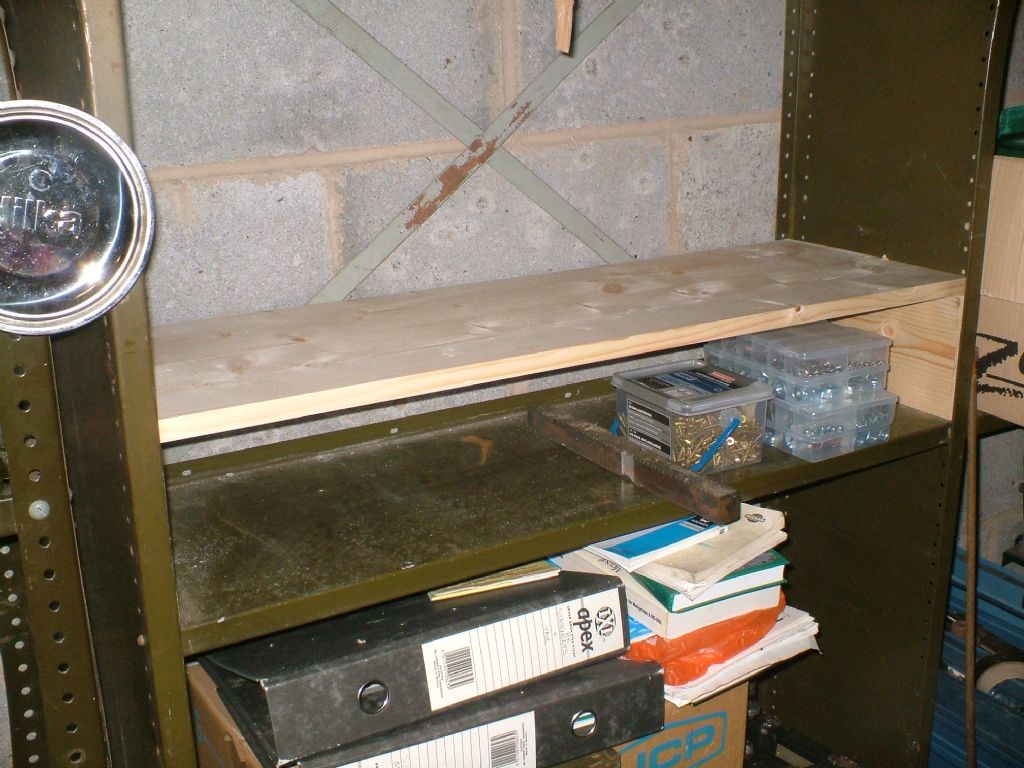Posted by Trevor Crossman 1 on 24/05/2018 12:43:41:
Posted by Muzzer on 23/05/2018 23:22:36:
Windows Defender is actually pretty good. None of the main AV candidates are risk free. I won't ever use Avast again after they bricked one of my sons' laptops during an "update" and simply shrugged / ignored / did the slopey shoulders. He lost the whole installation.
None of them are foolproof and the "best AV" recommendation fluctuates constantly, whether free or paid-for. From time to time you are likely to get shafted by something nasty regardless of what you run if you run enough machines, so best to plan for it so you don't get badly set back. Ironically(?), my worst experiences so far have happened when "covered" by the likes of Norton, McAfee etc.
Murray
+ 1 for the bog standard built in Windows Defender and all the other inbuilt security settings I gave up paying for the likes of AVG, Norton and the appalling McAfee several years ago and I have never had any problem and my computer runs faster too.
I gave up paying for the likes of AVG, Norton and the appalling McAfee several years ago and I have never had any problem and my computer runs faster too.
Trevor.
Murray is right about fluctuation, security products vary continually. Once upon a time Microsoft AVM was poor and McAfee excellent; today the other way round. Tomorrow could reveal another reversal. Otherwise excellent products depend on how quickly new virus signatures are detected and installed by the vendor. Or not.
The vendors themselves may be suspect. Is it remotely possible Kasperski might be used by Russian Intelligence to penetrate target systems? Or that the NSA work closely with Microsoft for similar reasons? Or that a vendor might be taken over by organised crime or incompetents?
Even good products vary considerably in what they do. A first class AntiVirus might not be good at blocking spam, phishing, or web abuse. A first-class anti-malware product probably doesn't provide a firewall. A browser security product may not protect email or Instant Messaging. Getting full coverage involves making more careful product selections than most of us have time for.
Most important of all, good security depends on how you use the internet. Trawling porn, gambling, violence, discount offers, fake news, celebrities, dubious social media, viagra, the Dark Web, extreme political websites and carelessly downloading stuff is far more dangerous than buying from legitimate sellers and participating in this forum.
If you're a risky user, or anyone else who uses your computer is, then you need hardened security. A corporate computer system typically uses combinations of different security products in layers. You might find Defender on all the Workstations; Norton on all the servers; and Kasperski on the Internet Gateway, plus a variety of other counter-measures carefully arranged to provide defence in depth. That kind of expensive architecture is entirely appropriate in a high-risk domestic system.
What do I do?
- My use of the web is unadventurous and risk adverse. I am careful not to visit dubious websites, or share sensitive information, or to download dodgy software, and I always read the small-print.
- I follow a written Security Policy based on a Risk Analysis that identifies counter-measures and forbids certain activities. (Like installing remote access software so that 'Microsoft Support' can dial in and fix all my problems!)
- Linux is used for most tasks because it's less vulnerable than most alternatives. ( BSD is best but has limited applications, and Apple is good. By default Microsoft is vulnerable until you fix it, and some things can't be fixed unless you buy the professional edition.
- Starting with the Router, my domestic system is configured to minimise the attack surface. This is done by disabling unwanted services, hiding, not sharing, minimising privileges, encryption, and activating available security/privacy features.
Not as elaborate as it sounds! As security goes, my precautions are moderate and inexpensive. Seems to to be working. So far I've not detected a breach, though inspection of the logs reveals multiple attempts.
Am I 100% confident I'm safe? Absolutely not! The price of peace is eternal vigilance…
Dave
Tim Taylor 2.










